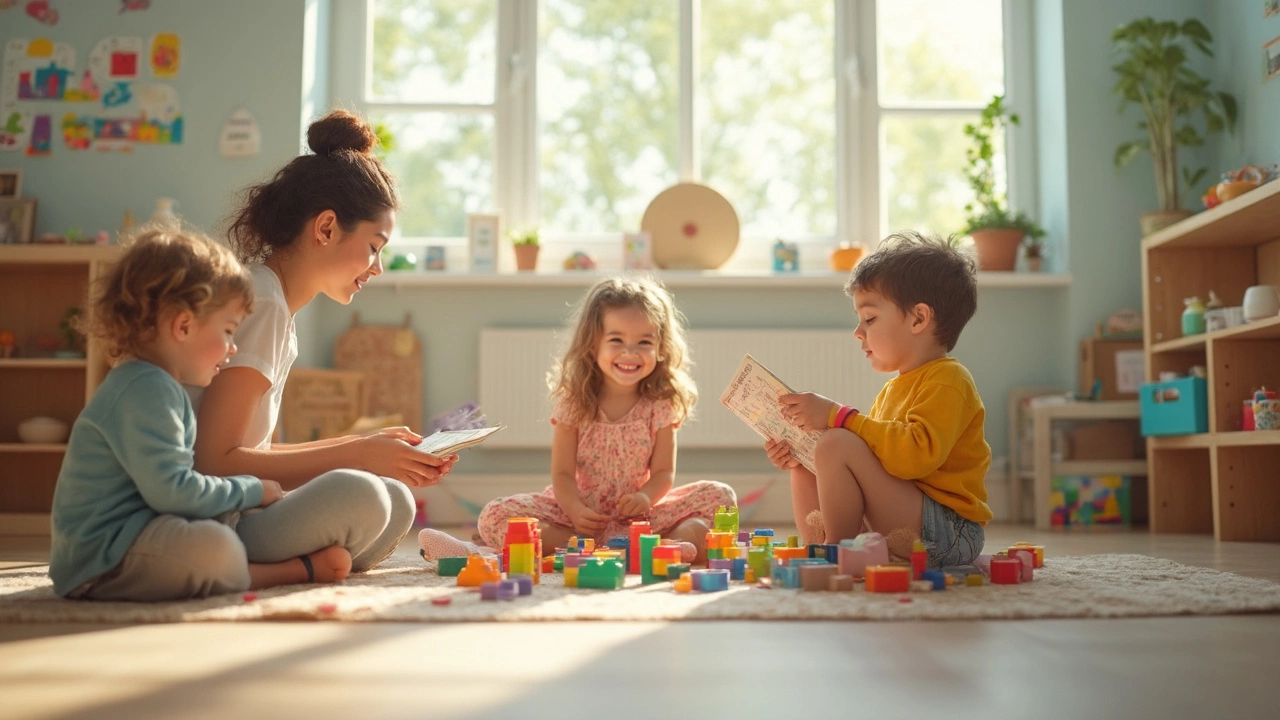Early Education Age: Finding the Right Start for Your Child
Want to know when your little one should start school? It’s not a one‑size‑fits‑all answer, but there are clear signs you can watch for. Most kids are ready for structured learning between ages 3 and 5, yet the exact moment depends on their social skills, attention span, and curiosity level. In this guide we break down the key milestones, explain why early education matters, and give you easy steps to decide the best start for your child.
What Ages Are Common for Preschool and Kindergarten?
In England, children can join nursery or preschool from age 3. By 4 they often move to reception, which is the first year of primary school. In the US, kindergarten usually starts at 5, but some districts allow a 4‑year‑old if they meet readiness criteria. The difference isn’t huge – the goal is the same: give kids a safe space to explore numbers, letters, and social rules.
Readiness isn’t just about counting or writing. Look for these signs:
- Can follow simple instructions ("Put the block on the table").
- Shows interest in playing alongside other children.
- Can manage basic self‑care like washing hands.
- Enjoys story time and can sit for short periods.
If your child hits most of these, they’re probably ready for a preschool setting.
Why Starting Early Helps Long‑Term Growth
Early education builds a foundation for lifelong learning. Studies show kids who attend quality preschool develop better language skills, stronger problem‑solving abilities, and higher confidence in social situations. Those benefits spill over into later grades, where they often score higher in reading and math.
Beyond academics, early classrooms teach routines – lining up, sharing, and taking turns. Those habits are priceless when your child moves to primary school, where expectations rise quickly. Plus, early exposure to diverse peers widens empathy and cultural awareness, something no textbook can teach as well as real interaction.
But quality matters more than age. A well‑trained teacher, low child‑to‑staff ratios, and a play‑based curriculum trump an earlier start in a subpar setting. Visit a few centres, observe how teachers engage children, and ask about their approach to learning through play.
Ready to choose? Here’s a quick checklist:
- Check local regulations for minimum age (most places set 3 years for nursery).
- Assess your child’s readiness signs listed above.
- Tour at least two early education centres – watch the teacher‑child interaction.
- Ask about curriculum focus – is it play‑based, language‑rich, and inclusive?
- Consider logistics: travel time, cost, and your family schedule.
Making the right decision doesn’t have to be stressful. Trust your observations, gather a bit of info, and pick a place where your child feels happy and curious. Early education age is a guideline, not a rule – the best start is the one that matches your child’s unique pace and your family’s needs.
Early Education Age: When Does Learning Start?
Curious about when early education actually begins? Discover which ages count as early education, why these years matter, and what research says about starting points. This article breaks down the key stages from birth to early elementary school, shares surprising facts, and gives practical tips to kickstart healthy learning. If you want to help kids get ahead, you’ll find answers and ideas here.
More
